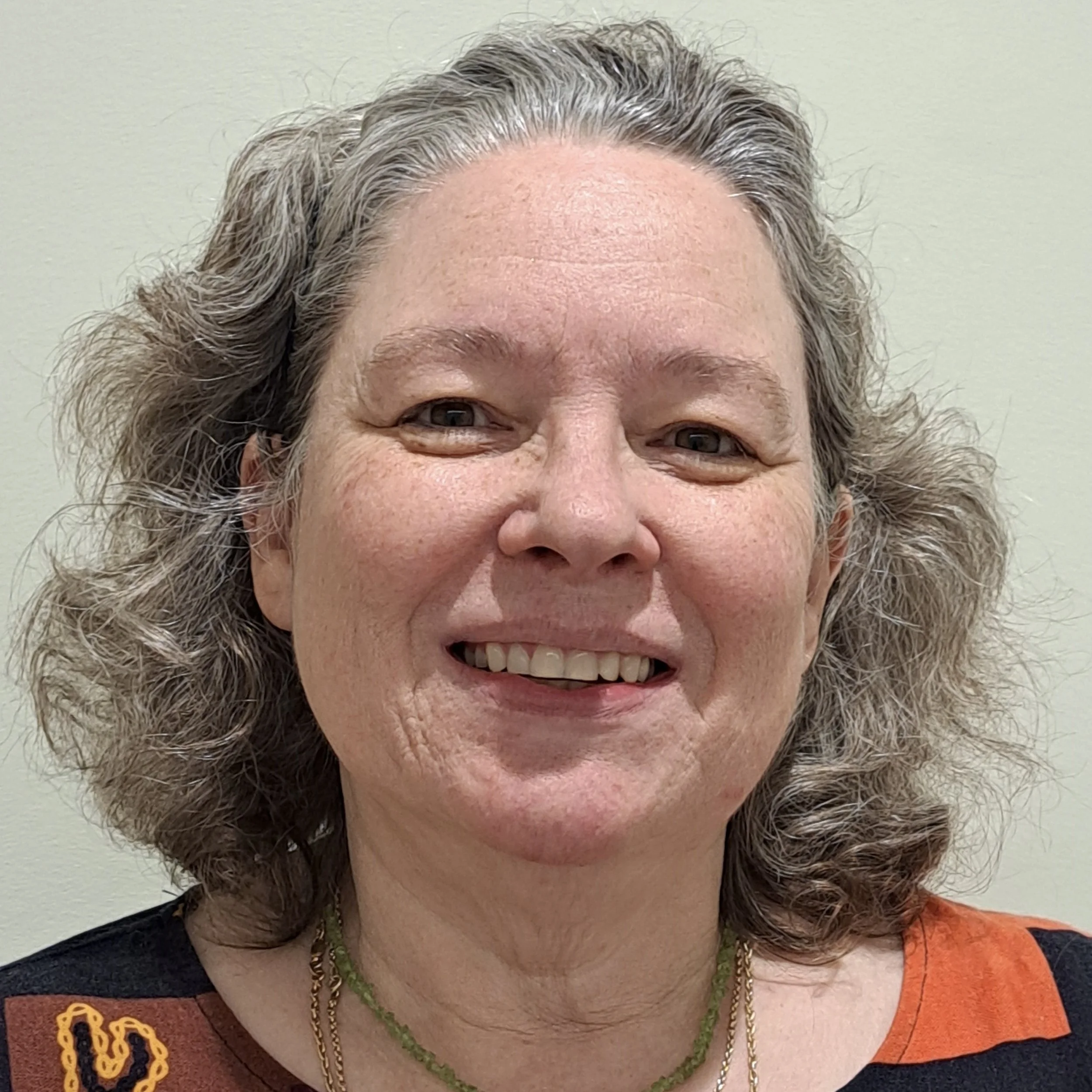People With Disabilities Triumph Over Discrimination in Foreign Service
Doering Meyer, named plaintiff in: Meyer v. Blinken (Dept. of State)
Courageous workers with disabilities; Doering Meyer and Dr. Ryan Gibson, inducted into Impact Fund Class Action Hall of Fame.
In 2006, the State Department denied me the Class 1 medical clearance necessary to begin a position with the Foreign Service. The agency's only reason was my “diagnosed neurological condition,” based on my 1994 multiple sclerosis (MS) diagnosis. They did not consider whether my MS would affect my ability to perform the essential functions of a Foreign Service Officer, but rather thwarted my career based on stereotypes about MS. Shortly after my denied clearance, with the help of Bryan Schwartz, I filed an EEO claim and a waiver request for a limited medical clearance. This was granted, but limited where I could be assigned. From 2006 until this settlement, the agency made only one attempt to resolve the case; that offer was early on and did not even cover lost wages, much less the attorney’s fees and other out-of-pocket expenses I had incurred. After I was finally offered a Foreign Service position in late 2008, I decided to keep fighting the injustice so others would not experience the same discrimination.
One of my proudest accomplishments has been keeping my MS into remission over many decades. At the time I was denied a position, my MS had been in remission for almost a decade. Despite three doctors who deemed me worldwide available after thorough examinations, I was summarily dismissed based on MS stereotypes. It was devastating on many levels. State essentially told me my accomplishment meant nothing and because I had a disease I did nothing to bring on, I was worthless. Moreover, in direct violation of the law, no review was done to determine if I even needed an accommodation to do the job. Instead, I was labeled with stereotypical, vague textbook what-ifs. In defiance of those stereotypes, I now serve in N’Djamena, Chad in the middle of the Sahel, which is my second hardship post since my clearance was upgraded to a Class 1.
The State Department flouted the Rehabilitation Act, which requires the agency to determine whether someone can do the job with reasonable accommodations.
The State Department flouted the Rehabilitation Act, which requires the agency to determine whether someone can do the job with reasonable accommodations. I did not need accommodation, except possibly air conditioning, something already provided by State. Despite this, my medical clearance was rejected outright. Most people lose their opportunity to pursue justice because they are not aware of the narrow 45-day window to file an EEO claim. I was extremely lucky to connect with Bryan, because he had the moral conviction to take on my case when many other attorneys declined.
At times, fighting for my basic rights was demoralizing as State filed many motions to try to dismiss my case, before and after it became a class action– motions which the EEO Commission repeatedly denied. But these victories bolstered my conviction. Although during the course of this lawsuit, there were times I wanted to quit, Bryan cheered me on, pointing out my responsibility to the Class and reassuring me of his undying belief that we would prevail.
When I learned an acceptable settlement had been reached, I vacillated between laughing and crying while I danced around my living room. Dancing is something I would not have been able to do had I let MS beat me down. Only now, almost a year later, am I beginning to realize how much stress this lawsuit caused me. With each day that passes, I feel able to reclaim lost parts of myself, peeling away the layers of shame piled upon me, from State’s initial rejection of me as not “good enough” because I have MS, to their 17 year refusal to fix an outdated policy. I suspect it will be many years, if ever, before I fully recover from the damage the discrimination did to my core sense of self.
Soon, I will reach the age limit when foreign service officers must retire. Perhaps I will write about my experience as Alison Palmer did after her 37 year fight for gender equality at State. Others should never give up when they encounter the injustice of discrimination. I am thankful for the blessings of heroes who stood by me in this battle against injustice, and in particular, the excellent legal representation and Bryan's unfaltering belief in the eventual outcome. The late Dr. Martin Luther King, Jr. stated, "The arc of the moral universe is long, but it bends towards justice."
On February 23, 2024, Doering Meyer and Dr. Ryan Gibson were inducted into the Impact Fund Class Action Hall of Fame for their courage and sacrifice as named plaintiffs in the case: Meyer v. Blinken (Dept. of State)



